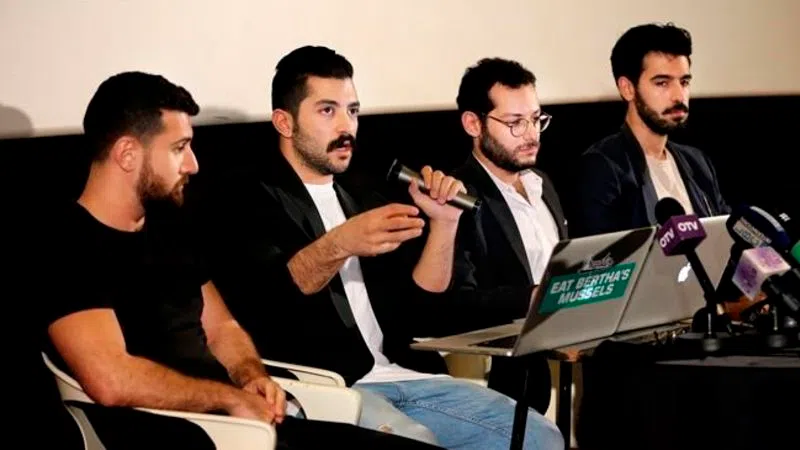
Lebanese rock band takes centre stage in freedoms debate
BEIRUT — A popular Mideast rock band known for its rousing music and lyrics challenging norms in the conservative Arab world is once again at the centre of a heated debate about freedom of expression — this time over a planned concert in its hometown in Lebanon.
Church leaders and conservative politicians set off a storm of indignation on social media this week when they demanded that a concert by Mashrou’ Leila, scheduled to take place in the coastal city of Byblos on Aug. 9, be cancelled, saying the group’s songs are an insult to Christianity.
The indie rock band, whose lead singer and song writer Hamed Sinno is openly gay, has been a champion of LGBT rights in the Arab world and regularly sings against controversial subjects such as sectarianism, corruption and other social problems.
The band has previously been banned from performing in Jordan and Egypt, but censorship demands threatening its concert in the more liberal Lebanon — where it has performed on numerous occasions — are new.
